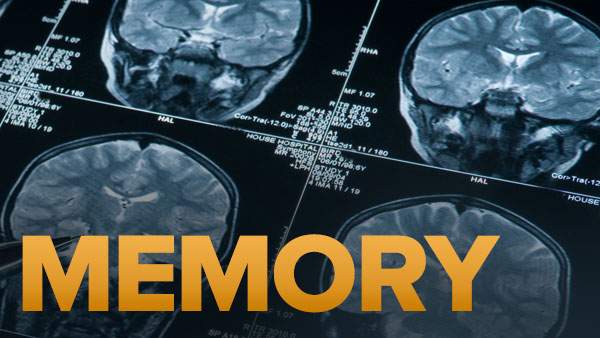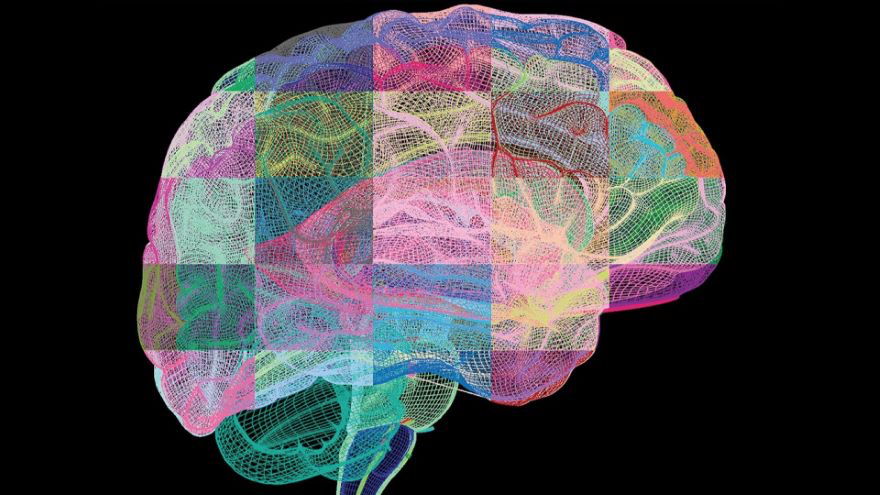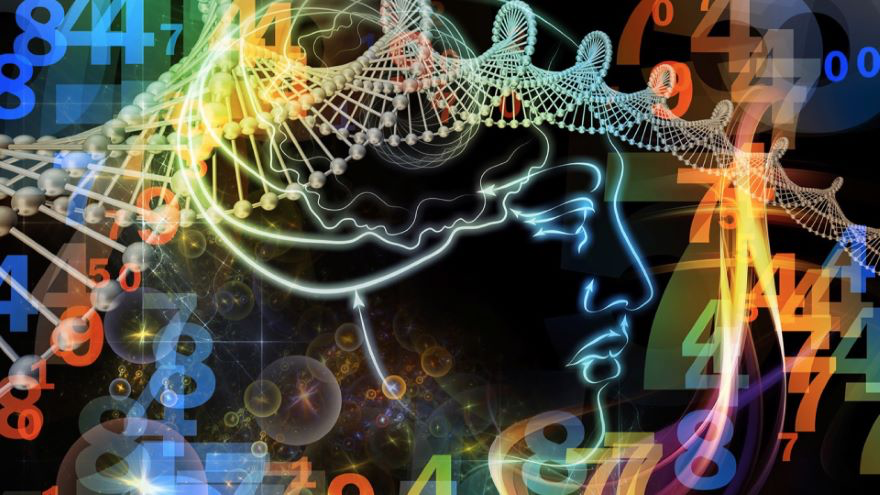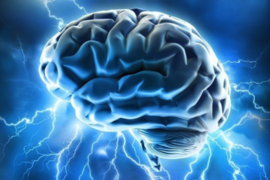


Our memory allows us to remember and share past events, to function efficiently and intelligently in the present, and even to predict and prepare for the future. It is truly amazing that we can mentally relive events that occurred decades in the past. And yet this amazing memory system is also prone to failure, sometimes with embarrassing social consequences.
The goal of this course is to provide a rich and complete description of the cognitive and biological bases of human memory and to describe how they come together in everyday life. First, we shatter the illusory notion that memory is a single thing. In reality, influences of the past are carried forward by a number of different cognitive processes, each of which can be thought of as a distinct memory system. How we remember events of our lives differs from how we retrieve general knowledge about the world and how we remember a specific routine or skill. Each of our memory systems differs from the others in purpose and character, yet they also interact in complex and fascinating ways.
After a general introduction, the course begins with lectures on 2 techniques that have been used to enhance memory: ancient “art of memory” techniques, which date back to classical civilization, and rote memorization, which was central to the first scientific investigation of memory.
Subsequent lectures describe our various memory systems, including those that support our long-term memories of events (episodic memory), facts about the world (semantic memory), and skills we have learned (procedural memory). Short-term memory systems are also presented, including sensory memory systems and perhaps the most interesting and multifaceted memory systems, working memory. We also look at implicit memory, a system that allows us to learn and use the regularities of the world without even trying to learn them.
Sometimes these different memory systems work together, but sometimes they work at cross-purposes, and we’ll take a look at situations in which habits, supported by procedural learning or implicit memory, can conflict with goals and produce unwanted behaviors. The importance of sleep to memory consolidation will also be highlighted, and we consider the extent to which our memory systems are, and are not, uniquely human. In addition, the development of memory systems in human infants is described.
Clearly, memory occurs in the brain, and we consider the links between brain systems and behavior both in intact memory systems and in various forms of brain damage, like the amnesias. Our understanding of memory and the brain has already been transformed by brain-imaging techniques such as functional magnetic resonance imaging; we’ll look ahead to how attempts by some intrepid researchers to model brain systems using computer-based, artificial neural networks may offer further insights in the future.
With this scientific understanding of memory systems in place, we then consider the way these systems interact to produce important memory phenomena that influence us every day with or without our awareness. We consider the powerful influence of the simple repetition of experience, and in so doing we gain a better appreciation for why, for example, political candidates love seeing their names posted in every corner of your neighborhood. We visit the phenomenon of déjà vu as an illusion of memory to see what it might tell us about interactions of memory systems. We also consider the empirical evidence that it is possible to create false memories and the implications of this research for the controversy over recovered memories.
One critical point we will develop is that conscious memories are actually reconstructed, not simply retrieved, and that our conscious (i.e., episodic) memories are really created by weaving together accurately recalled information with the thread of semantic memory—things we simply know to be true of the world and thus assume to be true of new episodic memories. Within this framework, we must ask which details are accurately retrieved and what we might do to maximize the likelihood of accurate retrieval. In fact, we’ll go over some clear tips for doing just that.
Other lectures focus on memory later in life in both Alzheimer’s disease and normal aging. We consider the impact of Alzheimer’s disease on caregivers as well as patients, taking care to distinguish early-stage Alzheimer’s from normal changes during aging. We discuss factors that may help prevent Alzheimer’s, look at research into cognitive prosthetics aimed at enhancing quality of life, and consider the overall implications of this devastating disease for our understanding of memory. We discuss how the changes of normal aging are often exaggerated, and we situate the real but small memory deterioration that does occur in the context of a broad cognitive transition, highlighting approaches for taking advantage of the transition while minimizing the deterioration.
Overall, the course describes the complex role that memory systems play at all stages in our life and highlights how critical these systems are for providing our sense of self. After all, who we are is ultimately defined by the experiences we have had, the things we know, and the skills we have acquired through life. Every aspect of who we are is embodied in memory systems, a better understanding of which can greatly enrich our lives.

 PacificRimTackle
PacificRimTackle
